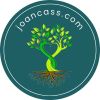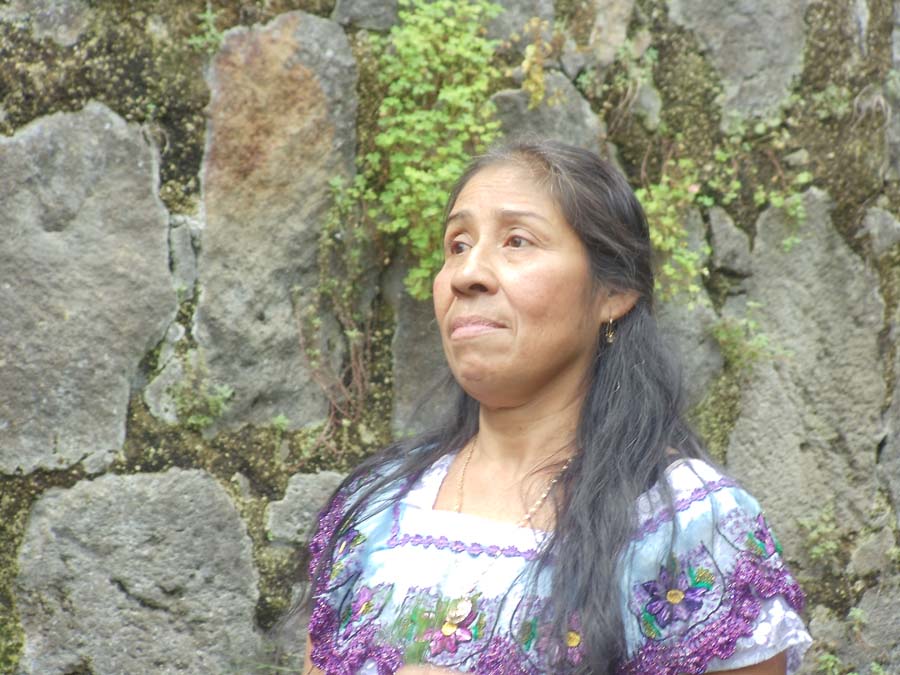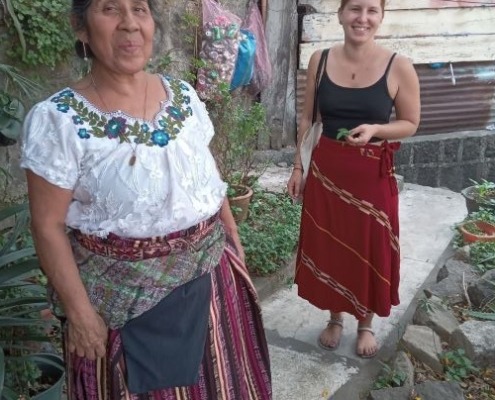 Joan Cass
Joan CassWho Grew Your herbs?
Who grew your herbs? Herbal medicines, I believe this subject should be front & center for anyone selling medicinal herbs to be transparent.
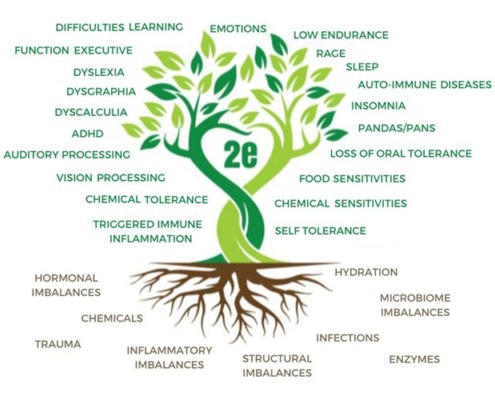 Joan Cass
Joan CassJoan Cass Areas Specialty
Integrative and functional medicine are two approaches to healthcare that focus on a holistic understanding of a patient's health and well-being, with an emphasis on identifying and addressing the root causes of health issues.
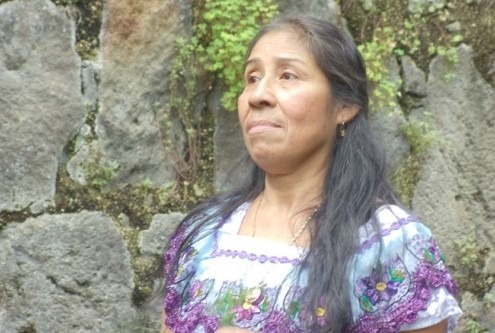 Joan Cass
Joan CassWildcrafting Sourced Mayan Herbs
Wildcrafting is a fascinating practice with benefits. Here's a deeper dive into what it entails.
Wildcrafting Sourced Mayan Herbs. I am fortunate to have a direct Source of Mayan Herbs from Mayan producers some are fourth Generation.
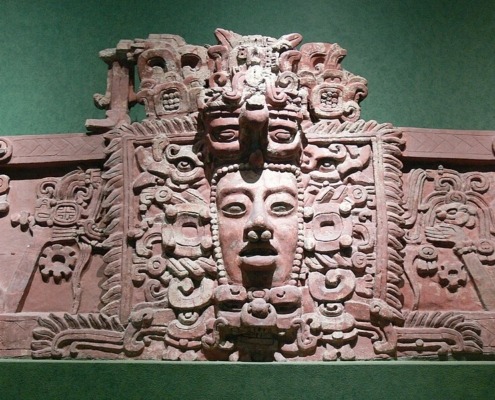 Joan Cass
Joan CassMayan Healers in Guatemala
Mayan Healers in Guatemala. It is estimated that up to 80% of Guatemala population use Mayan medicines at some point in their lives.
 Joan Cass
Joan CassMonthly Herbal Maintenance Program
Monthly Herbal Maintenance Program involves using herbal remedies and supplements to support and maintain your overall health and well-being. Here's an outline of how I structure a monthly herbal maintenance program:
 Joan Cass
Joan CassHealth Assessment Form | Revealing Root Causes
|Health Assessment Form | Revealing Root Causes Of health assessment and medical care, revealing root causes involves a thorough investigation
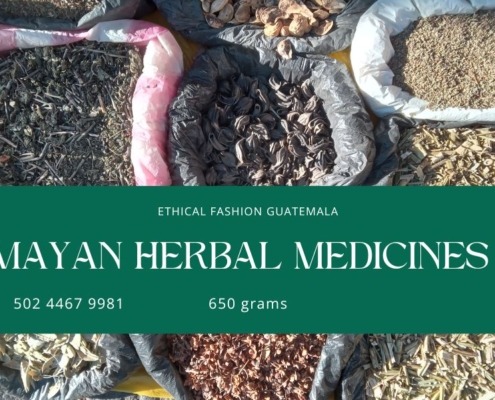 Joan Cass
Joan CassCountries Acceptance Herbal Medicine
Countries with deep integration of herbal medicine. Remember, this is just a glimpse into the diverse world of herbal medicine adoption.
 Joan Cass
Joan CassThe Origin of Herbal Medicine
The origin of herbal medicine stretches back to the very beginnings of human civilization, predating even written history.
 Joan Cass
Joan CassHerbal Medicine Landrace
The term Herbal Medicine Landrace has generally been defined as a cultivated, genetically heterogeneous variety that has evolved in a certain ecogeographical area and is therefore adapted to the edaphic and climatic conditions and its traditional management and uses.
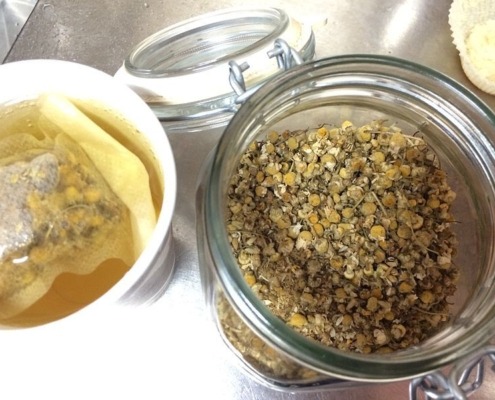 Joan Cass
Joan CassHerbal Teas Morning Sickness
Herbal Teas Morning Sickness. Hyperemesis gravidarum (HG) is a pregnancy complication that is characterized by severe nausea, vomiting, weight loss, and possibly dehydration. Feeling faint may also occur. It is considered more severe than morning sickness.
